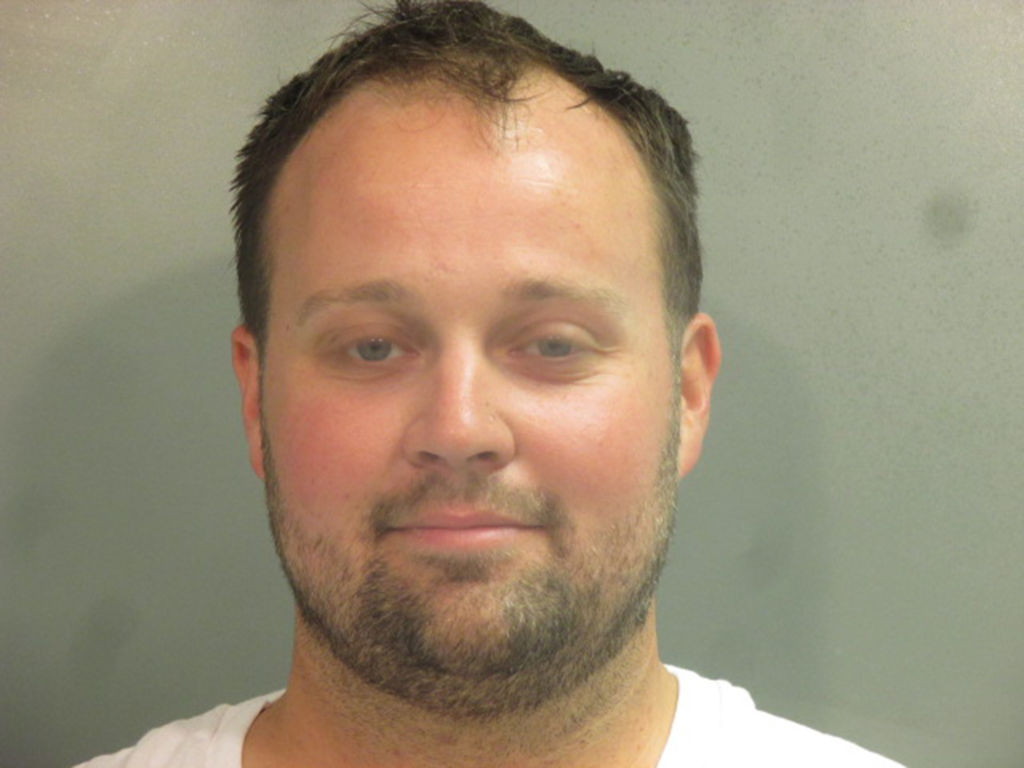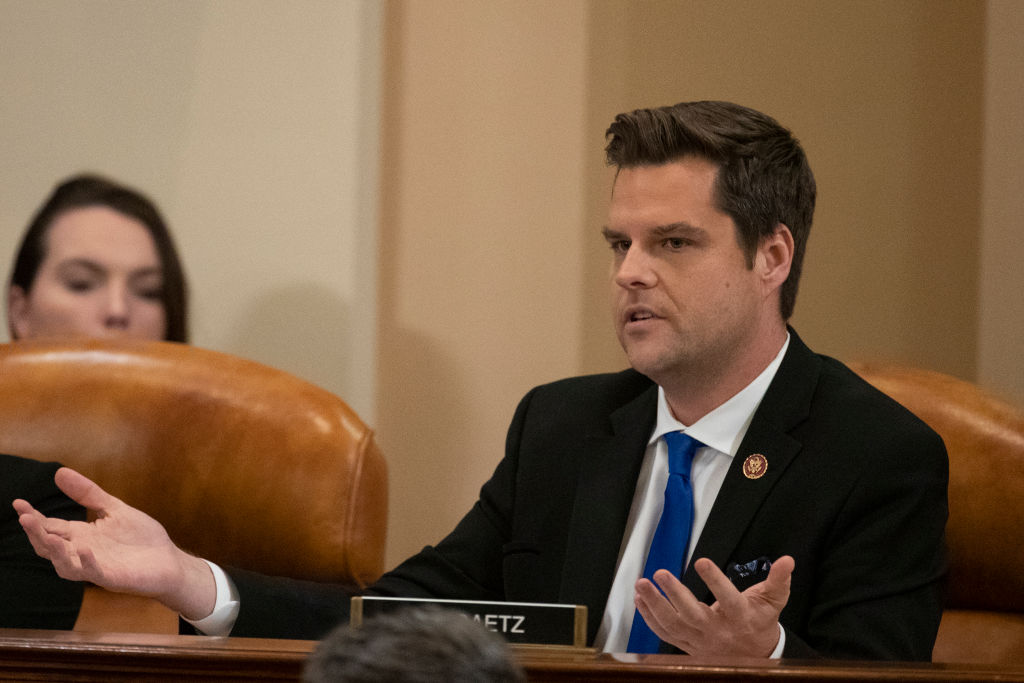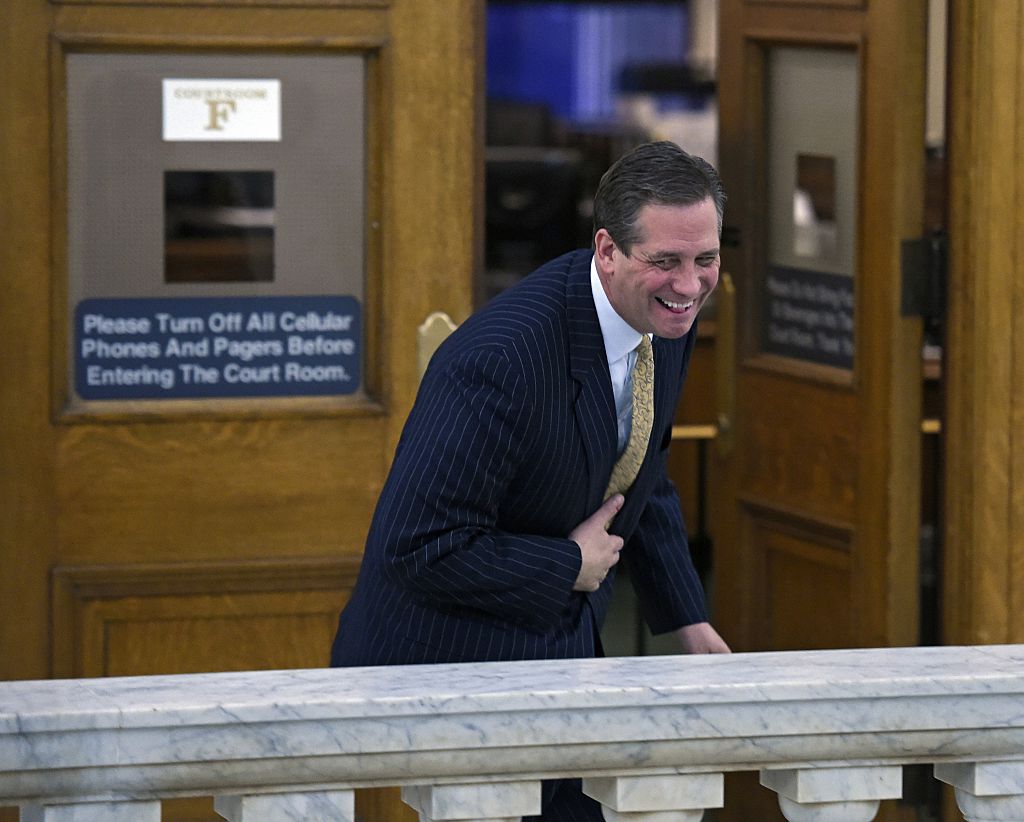The big problem with California's new sexual consent law
The harsh reality is that much of sex is not consensual — but it is also not non-consensual


A free daily email with the biggest news stories of the day – and the best features from TheWeek.com
You are now subscribed
Your newsletter sign-up was successful
Feminists seem downright gleeful in arguing that California's newly minted "yes means yes" law will not only make sex safer on American campuses, but also better. But that's as credible as telling little boys that masturbation will lead to blindness. To the extent that the law works, it will actually ruin both good men and good sex.
California, the first state to implement this law, will require colleges that want to keep their state funding intact to deploy the "affirmative consent" standard when adjudicating sexual assault cases. This means that campus authorities will have to establish whether the partners obtained "affirmative, conscious, and voluntary" agreement. Although non-verbal consent is allowed, verbal is better. And it has to be obtained at every stage — touching, kissing, and foreplay — not just initially.
The obvious problem with the law — which many other states are considering as well — is that it assumes that sexual assault, already a crime under multiple laws, is the result of miscommunication. The assumption is that somehow one partner (and let's be honest, it is overwhelmingly the one with a Y chromosome) didn't ask or realize that the other wasn't into it. But the fact is: Most assaulters know exactly what they are doing. The vast majority of campus rapes are committed by a small minority of repeat offenders who give not a damn about what the woman wants. And if they can threaten violence, they can also lie about obtaining consent. So how will the law change anything?
The Week
Escape your echo chamber. Get the facts behind the news, plus analysis from multiple perspectives.

Sign up for The Week's Free Newsletters
From our morning news briefing to a weekly Good News Newsletter, get the best of The Week delivered directly to your inbox.
From our morning news briefing to a weekly Good News Newsletter, get the best of The Week delivered directly to your inbox.
Feminists argue that the new standard means that campus authorities will now have to grill the accused about whether and how he obtained consent — rather than the victim to prove that she refused — mitigating the trauma of investigations and encouraging more women to come forward. This is true. But by changing the assumption from "presumed innocent" to "presumed guilty," this new standard will inevitably snag some guys who earnestly meant no harm. Over time, of course, an industry of lawyers will emerge to coach the accused on how to game the law and get away.
Supporters have also launched an aggressive "consent is sexy" campaign to pre-empt the kind of comedic lampooning that was unleashed by Saturday Night Live and Dave Chappelle the last time this standard was proposed. It's sexy, they claim, to ask your partner if they'd like it "if I bit your neck" or "spanked your bottom." Think Progress' Tara Culp-Ressler, a consent evangelist, insists that far from killing the mood, making sure your partner is as excited as you are about certain moves and positions will enhance the sexual experience.
Sometimes. Still, such claims are based on a rather simplistic understanding of human sexuality that is out of touch with the lived experience of most people.
The truth is that, except in the first flush of infatuation, both partners are rarely equally excited. At any given moment, one person wants sex more passionately than the other. What's more, whether due to nurture or nature, there is usually a difference in tempo between men and women, with women generally requiring more "convincing." And someone who requires convincing is not yet in a position to offer "affirmative" much less "enthusiastic" consent. That doesn't mean that the final experience is unsatisfying — but it does mean that initially one has to be coaxed out of one's comfort zone. Affirmative consent would criminalize that.
A free daily email with the biggest news stories of the day – and the best features from TheWeek.com
The reality is that much of sex is not consensual — but it is also not non-consensual. It resides in a gray area in between, where sexual experimentation and discovery happen. Sex is inherently dangerous. There will be misadventures when these experiments sometimes go wrong. Looking back, it can be hard to assign blame by ascertaining whether both partners genuinely consented. Indeed, trying to shoehorn sex into a strict, yes-and-no consent framework in an attempt to make it risk free can't help but destroy it.
The sexual revolution liberated women from the shackles of modesty, allowing them to explore their sexuality. It won't help their sexual actualization now to enchain their partners in ill-advised lines that limit the moves they can make.
Shikha Dalmia is a visiting fellow at the Mercatus Center at George Mason University studying the rise of populist authoritarianism. She is a Bloomberg View contributor and a columnist at the Washington Examiner, and she also writes regularly for The New York Times, USA Today, The Wall Street Journal, and numerous other publications. She considers herself to be a progressive libertarian and an agnostic with Buddhist longings and a Sufi soul.
-
 ‘Restaurateurs have become millionaires’
‘Restaurateurs have become millionaires’Instant Opinion Opinion, comment and editorials of the day
-
 Earth is rapidly approaching a ‘hothouse’ trajectory of warming
Earth is rapidly approaching a ‘hothouse’ trajectory of warmingThe explainer It may become impossible to fix
-
 Health insurance: Premiums soar as ACA subsidies end
Health insurance: Premiums soar as ACA subsidies endFeature 1.4 million people have dropped coverage
-
 19 Kids and Counting's Josh Duggar hit with child pornography charges
19 Kids and Counting's Josh Duggar hit with child pornography chargesSpeed Read
-
 Matt Gaetz was the main opponent of Florida's nonconsensual 'revenge porn' law, GOP lawmaker says
Matt Gaetz was the main opponent of Florida's nonconsensual 'revenge porn' law, GOP lawmaker saysSpeed Read
-
 Georgia police arrest Black lawmaker for knocking as Gov. Brian Kemp signed new voting restrictions
Georgia police arrest Black lawmaker for knocking as Gov. Brian Kemp signed new voting restrictionsSpeed Read
-
 Myanmar junta reportedly kills 38 protesters, declares martial law in part of Yangon
Myanmar junta reportedly kills 38 protesters, declares martial law in part of YangonSpeed Read
-
 Raskin asks FBI for answers on how it's targeting white supremacists in law enforcement
Raskin asks FBI for answers on how it's targeting white supremacists in law enforcementSpeed Read
-
 Ahmaud Arbery's mother files civil rights lawsuit 1 year after his death
Ahmaud Arbery's mother files civil rights lawsuit 1 year after his deathSpeed Read
-
 Lawyer for man charged in Capitol riot says he worked for the FBI, had top-secret security clearance
Lawyer for man charged in Capitol riot says he worked for the FBI, had top-secret security clearanceSpeed Read
-
 Trump's impeachment lawyer specializes in medical malpractice and 'people falsely accused in Me Too cases'
Trump's impeachment lawyer specializes in medical malpractice and 'people falsely accused in Me Too cases'Speed Read
